
How to Ask Better Questions for a regenerative future
To kick of the new season of the Regenerative Skills podcast I wanted to set the tone by highlighting the invisible secret to all the successful design decisions I’ve ever […]
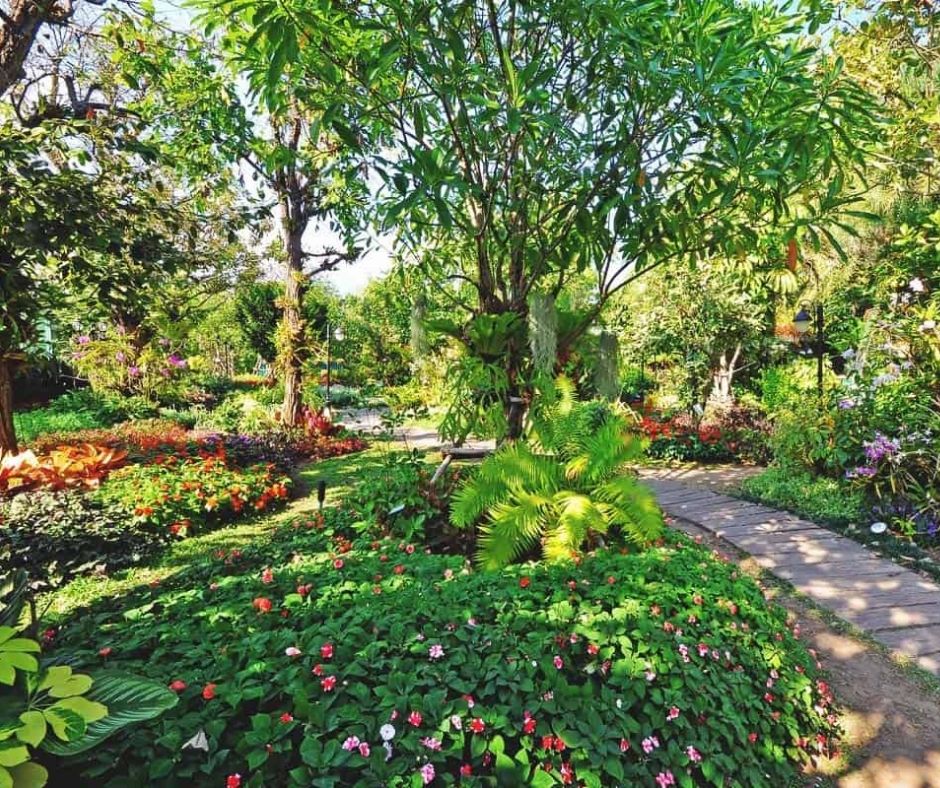
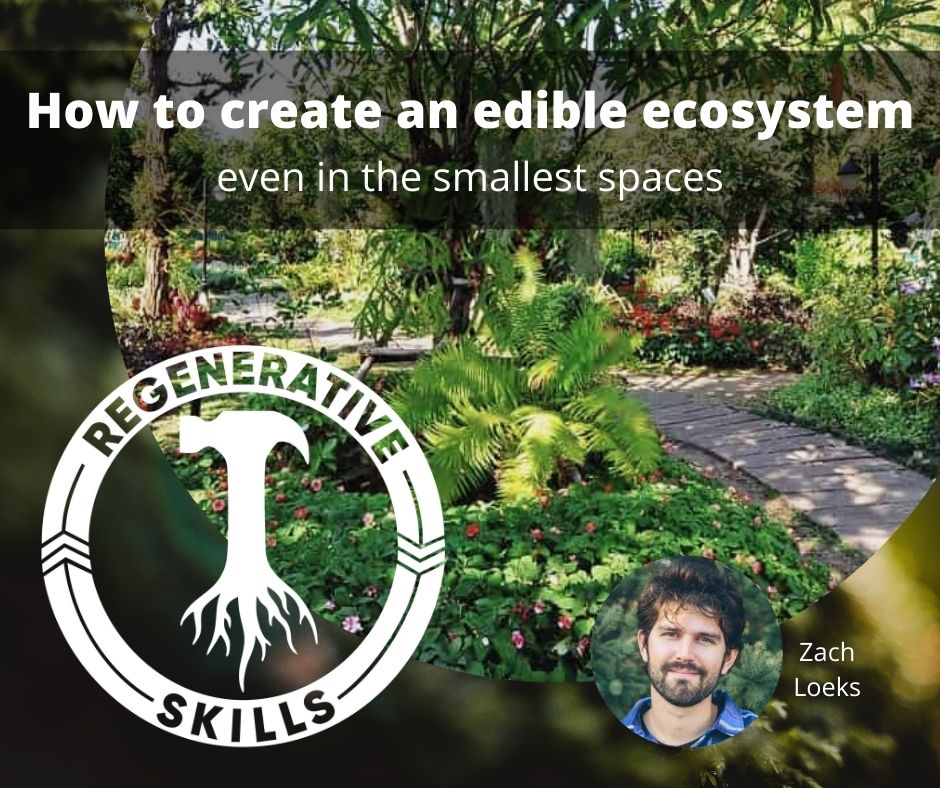
have you ever wondered what the difference between a garden and an edible ecosystem is? Do you want to know how you can create one in you own yard? In this episode with author Zach Loeks from the Ecosystem Solutions Institute, you learn all that and more.
We’ll walk you through how to choose your site, even if all you have is a 5ft by 5ft patch of earth. From there we’ll look into orienting the garden spot, improving the soil, and choosing your plants for form, function, and potential.
The coolest part is that this system is modular and you can expand it from a tiny spot in an urban yard to a whole farm with the permabed system.
Don’t forget to check out the Discord channel to see how others are creating their own edible ecosystems, and get the resource packet on our PATREON to bring the step by step guide with you anywhere.
While there are tons and tons of tips and information in Zachs book on edible ecosystems, the smallest and most basic form revolves around the modular permabed system that he pioneered in his first book.
Starting with a 5”x5” patch of earth, you mound compost or topsoil like you might in a garden bed, with the low sides being on the south and north ideally to create tiny microclimates that favor different types of plants. in the center row at the height of the mound you can plant your key plant, which will usually be a fruit tree or berry bushes.
This creates a center point with full access to sunlight and space around to plant your support species. I’ll use the example of a pear tree guild from the book. in the center is the pear tree, ideally a bare root sapling which will cost less than a potted on and is less likely to be root bound. Along with the tree on the top of the mound you could plant grape vines on either side which will use the tree as a trellis as they grow taller.
strawberries are a great perennial ground cover which will help to shade out weeds and bear delicious fruit on the south side where it gets full sun. on the shadier south side of the mound you could grow a few asparagus shoots. they’re a highly nutritious perennial vegetable that will keep coming back year after year.
Some echinacea planted around the top by the pear and grapes will offer some visual beauty from the flowers, attract pollinators, and is a powerful medicine too.
This is just one example of a micro edible ecosystem. If you have more space you can group multiple 5×5 squares into a row, or add multiple rows in what Zach calls a triad. play with different combinations of plants that can support one another and explore the full diversity of what grows in your climate. The options are almost limitless.
Get the resource packet for this episode!
Links:
https://www.ecosystemsolutioninstitute.com/
https://www.youtube.com/channel/UCt-lEXobdDZgOzJqeHKynhA
https://www.instagram.com/zachloeks/
Tagged as: edible ecosystems.

To kick of the new season of the Regenerative Skills podcast I wanted to set the tone by highlighting the invisible secret to all the successful design decisions I’ve ever […]
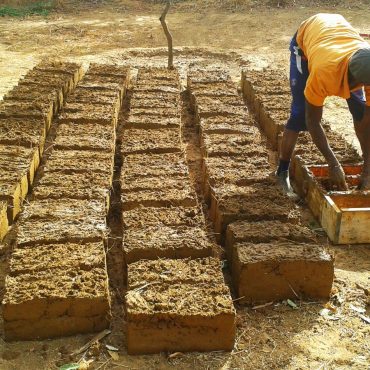
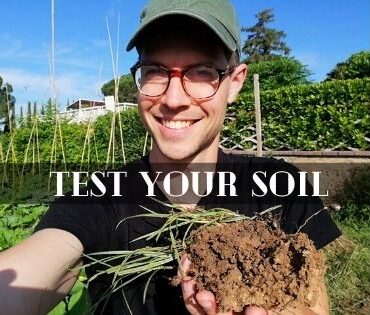
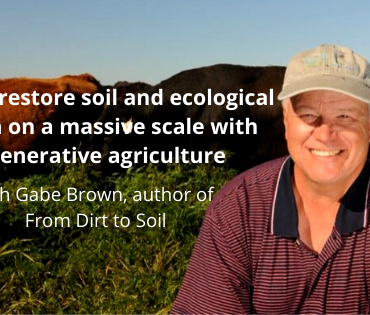
Copyright Regenerative Skills 2021
Post comments
This post currently has no comments.